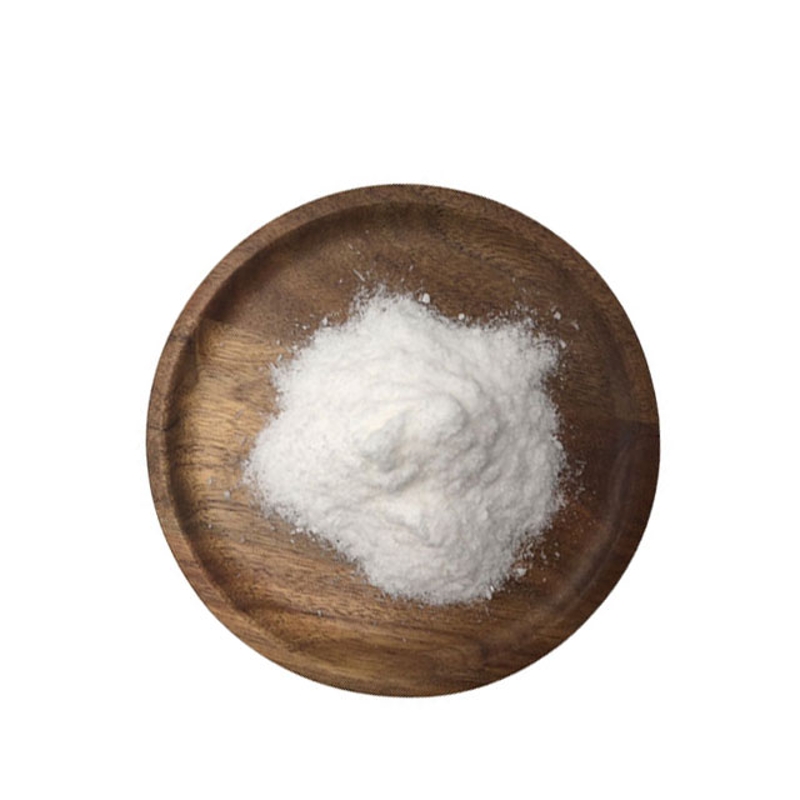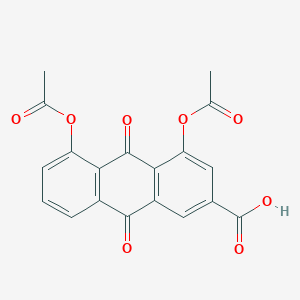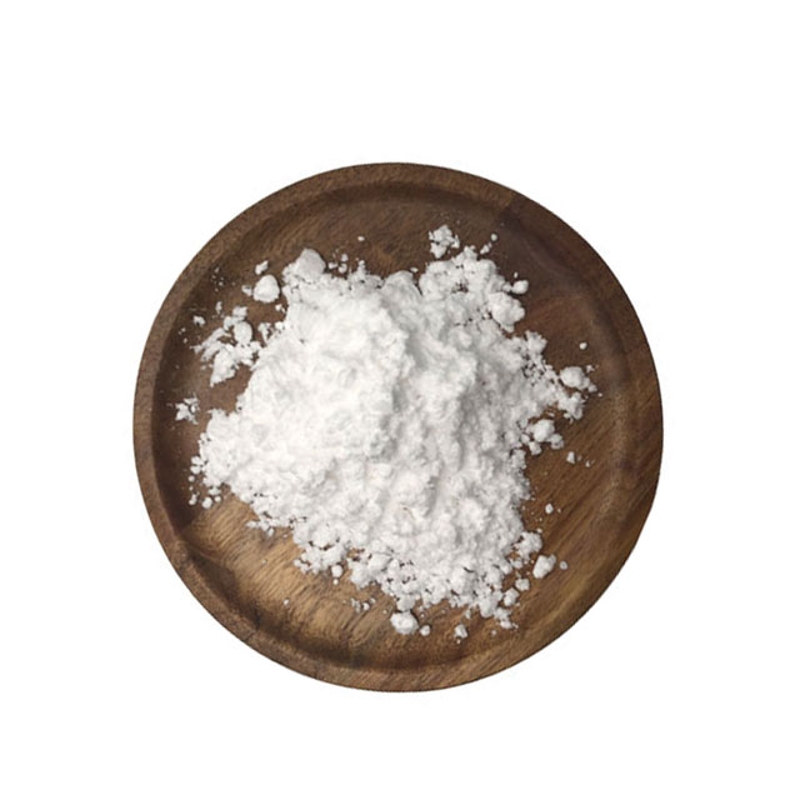-
Categories
-
Pharmaceutical Intermediates
-
Active Pharmaceutical Ingredients
-
Food Additives
- Industrial Coatings
- Agrochemicals
- Dyes and Pigments
- Surfactant
- Flavors and Fragrances
- Chemical Reagents
- Catalyst and Auxiliary
- Natural Products
- Inorganic Chemistry
-
Organic Chemistry
-
Biochemical Engineering
- Analytical Chemistry
- Cosmetic Ingredient
-
Pharmaceutical Intermediates
Promotion
ECHEMI Mall
Wholesale
Weekly Price
Exhibition
News
-
Trade Service
The Tolerance Survey (EAT) study is a randomized trial in which babies begin to introduce allergic solid foods into their diet at 3 months of age.
, the intervention effect did not reach statistical significance in the intentional therapeutic analysis of the main results.
new study, published in J Allergy Clin Immunol, found that infants at high risk of food allergies could benefit from early introduction.
the researchers analyzed secondary intentional therapy in three groups: non-white infants; infants with significant eczema in the group, the severity of which was determined by SCORAD; and infants with food allergies (specific IgE .1 kU/L).
results showed that infants in the early introducing group (EIG) were significantly less allergic to food from 1 or more foods than infants in the standard introducing group (SIG, 34.2%; E) in infants who were allergic to one or more foods at the time of admission (SIG, 34.2%; IG, 19.2% ;P .03), EIG infants were less allergic to eggs among infants who were allergic to eggs at the time of entry (SIG, 48.6%; EIG, 20.0% ;P . . . . . . . . . . . . . . . . . . . . . . . . . . . . . . . . . . . . . . . . . . . . . . . . . . . . . . . . . . . . . . . . . . . . . . . . . . . . . . . . . . . . . . . . . . . . . . . . . . . . . . . . . . . . . . . . . . . . . . . . . . . . . . . . . . . . . . . . .
same time, infants with moderate SCORAD (15-lt;40) were significantly less allergic to food from one or more foods (SIG, 46.7%; E IG, 22.6% ;P .048), significantly reduced the occurrence of egg allergy (SIG, 43.3%; EIG, 16.1% ;P s .02).
In summary, the results of the study show that early introduction effectively prevents the occurrence of food allergies in specific groups (infants who were allergic to eggs or any food at the time of grouping, and those with severe eczema at the time of grouping) at higher risk of food allergies.
this effect, although the compliance with early introduction programmes is low.
is important for new national infant feeding recommendations emerging around the world.
.







